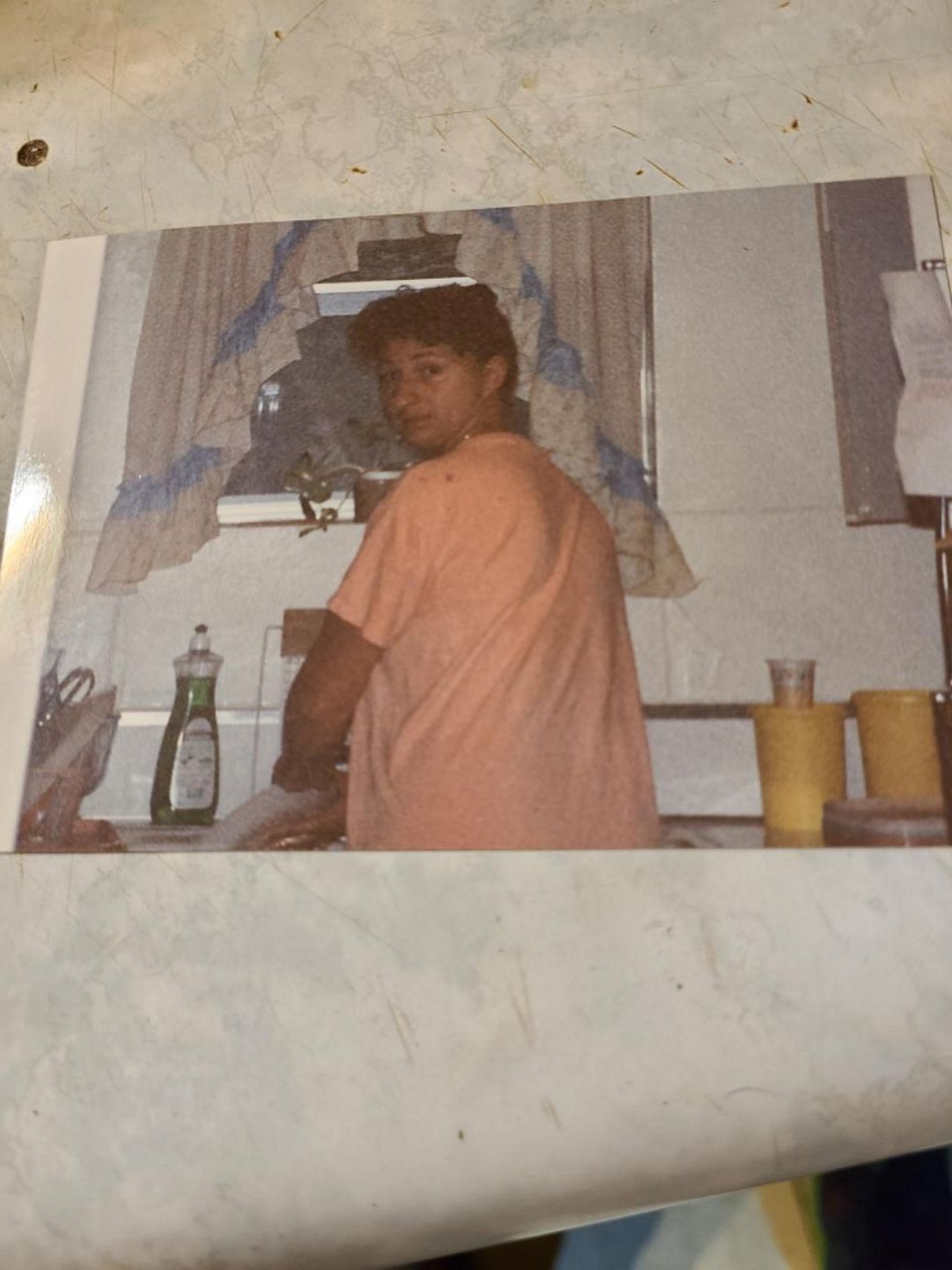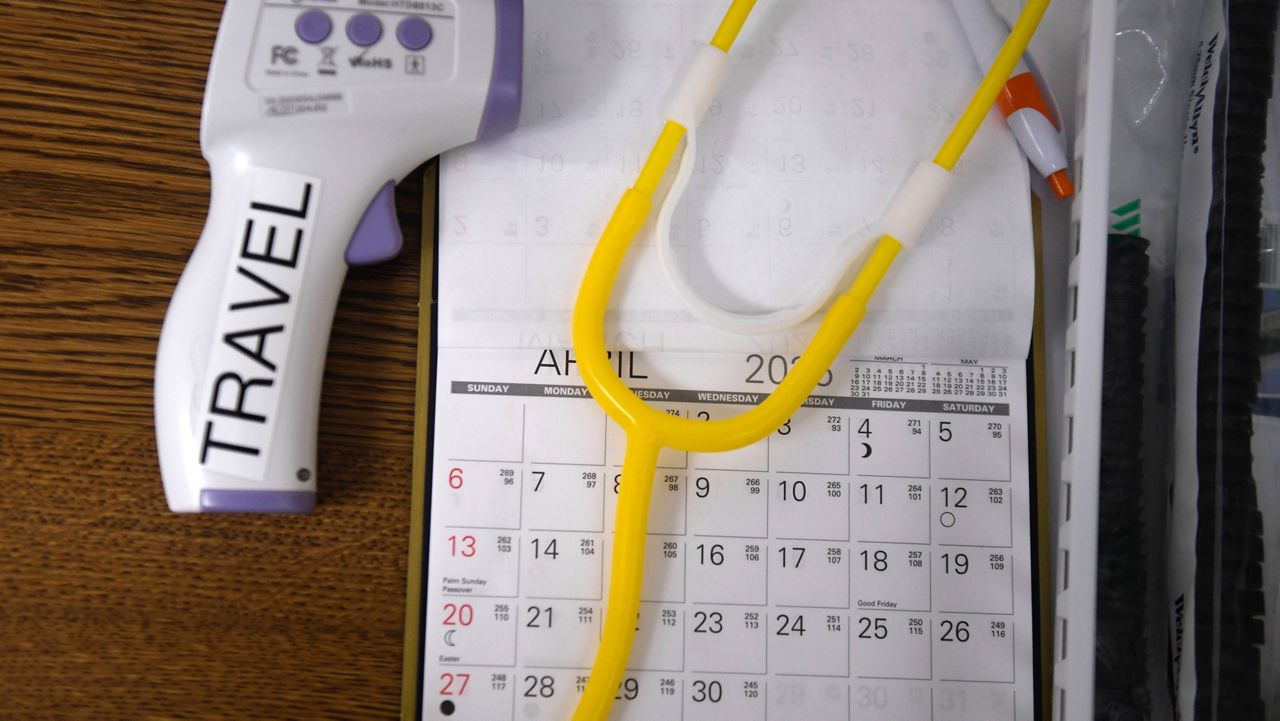Antoinette Scott and her family lived on Camp Lejeune in Jacksonville, North Carolina, for much of the 1970s and early 1980s.
People at Camp Lejeune may have been exposed to contaminated water from 1953-1987
Water caused everything from cancer to Parkinson's disease
Camp Lejeune Justice Act would allow people to take legal action against the government
Bill has passed and now goes to the Senate
“Base housing was nice. Lots of new friends, lots of new families … we always thought the Marines would take care of us,” Scott said.
But today at the age of 67 Scott said they’ve done anything but.
She was diagnosed with stage four thyroid cancer in 2011.
She beat the disease but she still feels the effects. She talks with a low gravelly voice because of surgery from the cancer.
It was an illness she said she never could have avoided because it was caused by something no human can live without.

“We made Kool-Aid with the water. We played in the swimming pool in the water. We were covered by it,” Scott said.
What she didn’t know was the water at Lejeune was contaminated for three-plus decades.
The federal government now acknowledges the chemicals caused everything from cancer to Parkinson’s disease.
“The Marines let us down,” Scott said. “The base let us down.”“The Marines let us down,” Scott said. “The base let us down.”
Scott’s medical bills were covered by her husband’s military insurance.
But she said many people’s claims were denied. Congress has voted over the years to extend more benefits.
What makes it even more difficult is that North Carolina had a strict statute of limitations for lawsuits against the government.
Scott and her family were outside the window before they even knew about the contamination.
And even when state law changed, it wasn't retroactive, which meant Scott and other families couldn’t take legal action against the government.
“That’s just unfair. If Camp Lejeune was in any other state, they would have long since had relief,” Democratic U.S. Rep. David Price said.
Price and Republican U.S. Rep. Greg Murphy are co-sponsors of the Camp Lejeune Justice Act, which aims to fix that.
It recently passed the House as part of larger legislation aimed at military toxic exposure.
“It gives them their day in court,” Murphy said.
The government estimates that nearly a million people might have been exposed to the contaminated water, which means there could be thousands of lawsuits.
“It could be a substantial number. … It will not break the federal government by any means,” Price said.
Republican Sens. Thom Tillis and Richard Burr are sponsoring the Camp Lejeune Justice Act in the Senate. That chamber still needs to vote on the toxic exposure bill.
“This isn’t a Republican or Democratic issue. We believe bringing justice to these people who were inappropriately damaged,” Murphy said.“This isn’t a Republican or Democratic issue. We believe bringing justice to these people who were inappropriately damaged,” Murphy said.
“Nothing brings members of a state delegation together like back-home concerns,” Price said.
Four decades since Scott lived at Lejeune, she’s still dealing with the effects.
She blames the water for her daughter’s struggle with infertility.
And doctors think a form of Scott’s cancer might be back.
“If you hear my voice then keep it in your head. Senators, even the president, get out there and do something for us,” Scott said.
A sliver of justice may come through legislation but it’s by no means justice achieved.










